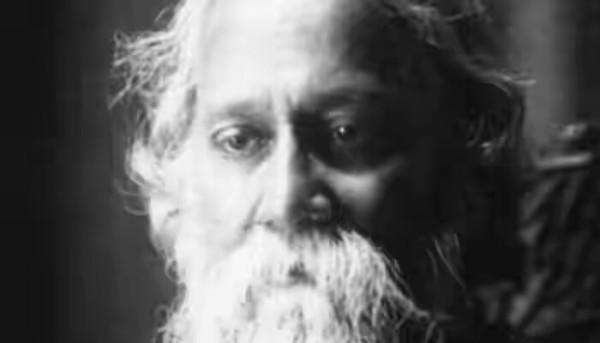five-day cultural festival in Egypt organised by India to mark the 155th birth anniversary of Rabindranath Tagore has been inaugurated here aiming to build connections between the people of the two countries who share strong cultural bonds.
The Tagore festival was inaugurated by India’s Ambassador to Egypt Sanjay Bhattacharyya yesterday here with a painting exhibition showcasing works of artists from Egypt, India and other countries.
The Embassy of India in Cairo and Maulana Azad Centre for Indian Culture will host the Tagore Festival from May 8-12.
“It is amazing that 90 years after Tagore visited Egypt, 100 plus years after he received his Nobel Prize and more than 70 years after he passed away, we are still celebrating Tagore and see how he continues to inspire us,” Bhattacharyya said.
The exhibition, which is open till May 12, is organised by the Embassy of India in cooperation with the Egyptian Caricature Society.
The festival will feature Tagore dance drama ‘Shapmochan’ (Breaking the Spell) on May 9 by well-known Classical dancer Dona Ganguly, who hails from Kolkata (then Calcutta), the hometown of the great poet.
The movie ‘Ghare Baire’ — based on one of Tagore’s novel by legendary filmmaker Satyajit Ray will be screened on May 10. Popular Rabindra Sangeet singer Shreya Guhathakurta will present songs written and composed by Tagore on May 11.
The festival will conclude on May 12 with a Seminar on Contemporary Literature ‘Tagore, Shawky & Mahfouz’, which will feature Indian and Egyptians scholars and writers and will be conducted by the Supreme Council of Culture.
Tagore, who won the Nobel Prize for Literature in 1913 for ‘Gitanjali’, is not unknown to Egypt; he visited Egypt as an adolescent in 1878 and later as a famous poet-philosopher in 1926, when he met King Fouad and interacted with scholars in Alexandria and Cairo.
His friendship with Egyptian poet Ahmed Shawqy is well known and he wrote a moving eulogy on his friend’s death in 1932. Tagore wrote about the beautiful relationship between the Nile river and the flourishing civilisation of Egyptians.






Leave a reply